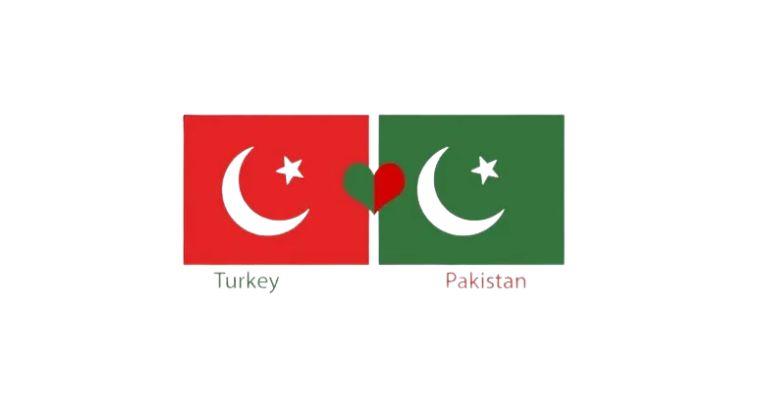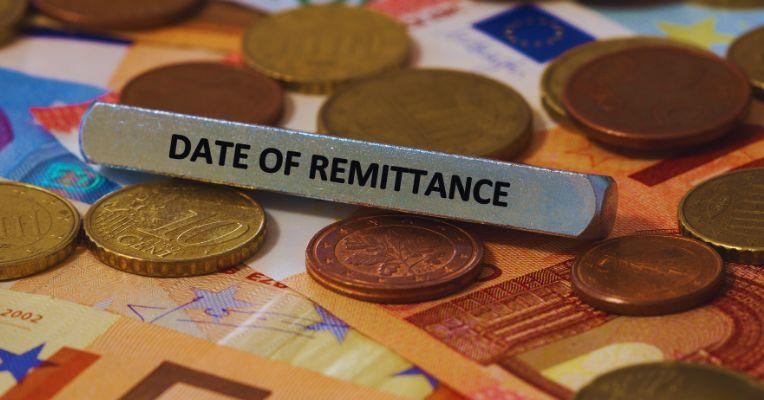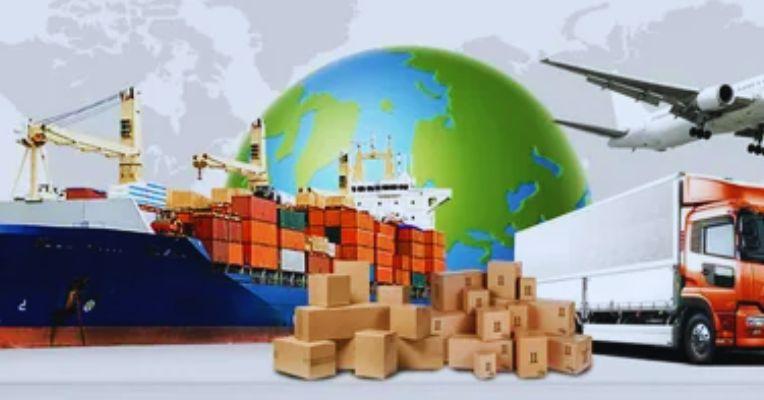Pakistan has decided to renegotiate its liquefied natural gas (LNG) supply agreement with Qatar. This decision comes as the country faces an economic crisis and is looking for more favorable terms. According to the Petroleum Minister, Musadik Malik, the current deal with Qatar is costly, and the government is aiming for better terms in the coming year.
Key Details of the LNG Deal
| Detail | Information |
|---|---|
| Supplier | Qatar |
| Type of Gas | Liquefied Natural Gas (LNG) |
| Current Agreement Terms | Expensive and unfavorable |
| Negotiation Goal | Seek better terms in 2026 |
| Additional Cargoes | Five LNG cargoes deferred |
Economic Crisis Impact on Energy Consumption
Pakistan’s economic crisis has severely impacted power consumption in the country. The nation relies on natural gas for more than a third of its electricity. Due to reduced demand for electricity, Pakistan is left with excess capacity. This situation has created financial pressure, as the country still has to pay for energy under long-term contracts with independent power producers.
Impact of Economic Crisis on Energy Use
| Economic Impact | Details |
|---|---|
| Reduced Power Consumption | Due to economic crisis and lower demand |
| Energy Source Dependency | More than a third of electricity comes from LNG |
| Excess Capacity | Pakistan is paying for unused energy capacity |
| Financial Pressure | Ongoing payments despite reduced demand |
Deferring the LNG Deal with Qatar
In addition to renegotiating the terms, Pakistan has deferred its LNG deal with Qatar. The deal, initially set for 2025, will now be implemented in 2026. The decision to delay the deal was based on a surplus of LNG in the country. Fortunately, there were no financial penalties for postponing the agreement. In fact, Pakistan has already deferred five LNG cargoes from Qatar and is in talks to delay five more cargoes from other suppliers.
Details of Deferred LNG Deal
| Detail | Information |
|---|---|
| Original Agreement Year | 2025 |
| New Delivery Year | 2026 |
| Deferred Cargoes from Qatar | 5 cargoes |
| Other Cargoes in Negotiation | 5 cargoes from other suppliers |
| Financial Penalties | None for deferring the deal |
Pakistan Strategy for Better LNG Terms
Pakistan’s decision to renegotiate its LNG supply agreement with Qatar highlights the country’s need to adapt to its current economic and energy challenges. The renegotiation, along with deferring LNG cargoes, shows that Pakistan is taking steps to reduce energy costs and manage its resources better. As the country seeks better terms in 2026, it aims to relieve some financial pressure while ensuring that the energy needs of the country are met effectively.
Pakistan’s Strategy for Better LNG Terms
| Strategy | Goal |
|---|---|
| Renegotiating LNG Agreement | Obtain more favorable terms |
| Deferring LNG Cargoes | Reduce immediate financial burden |
| Postponing Delivery to 2026 | Avoid penalties and manage surplus LNG |
| Aim | Lower energy costs and relieve financial stress |
By renegotiating the agreement and deferring deliveries, Pakistan is seeking to balance its energy demands with its current financial constraints. This strategy, though complicated, is necessary to navigate through the ongoing economic difficulties while securing a stable energy future.





